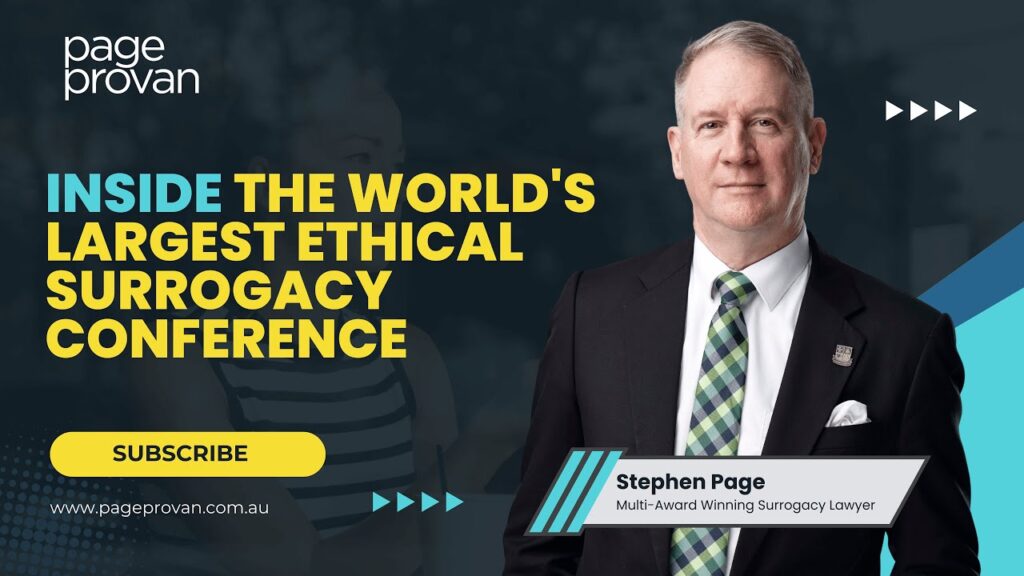Federal Court : husband and wife are not refugees
I’ve said it before, and I’ll say it again, if you are going to claim that you are a refugee due to your sexual orientation, come up with clear convincing evidence.
This was not the case in SZMNV v Minister for Immigration and Citizenship, where the wife claimed refugee status because she was a lesbian and would therefore be persecuted in India, and the husband claimed refugee status because:
of his marriage to a lesbian which would cause problems for him if returned to
India.
The claim had been rejected within the Department, then by the Refugee Review Tribunal and then by the Federal Magistrates Court before finally reaching the Federal Court. The appeals by the husband and wife were consistently rejected.
When the matter came before the Tribunal:
The Tribunal referred to an earlier Tribunal hearing concerning the
appellants’ claims and evidence given to that Tribunal member. It found
inconsistencies between the information given in their initial application for
protection visas, their evidence to the previous Tribunal and information
provided in their subsequent visa applications dealt with by the
delegate….
(T)he Tribunal said:
…it is highly improbable that
the first named applicant would not have been reasonably able to outline her
claims relating to her sexual orientation in the initial application if she had
in fact experienced harm in India, or had a fear of being persecuted if she
returned, on the basis of her sexual orientation.
The initial claim referred
to being forced into a child marriage rather than the appellant wife’s sexual
orientation.
The Tribunal found difficulty accepting certain aspects of the
appellant wife’s evidence concerning why she did not obtain a divorce until not
long before coming to Australia. It doubted the veracity of that evidence. It
also found that the appellant husband gave inconsistent evidence about his
attitude to his wife’s sexual orientation, divorce and their continuing
marriage. It doubted the veracity of his evidence. It also doubted evidence of
the appellant wife concerning beatings which she claimed happened to her at the
hands of a lover’s father and the appellant husband. Overall, the Tribunal had
serious doubts about the truthfulness of the evidence of the appellants
concerning the appellant wife’s circumstances in India. It also doubted the
genuineness of photographs taken of the appellant wife in engaging in sexual
acts with another female and considered that conduct to fall within s 91R(3)
of the Act. [ie creation of evidence to make their case stronger]
The
Tribunal catalogued a series of concerns it had about the evidence of the
appellants and their credibility on a range of issues, including:
the date
of the marriage;
residential addresses in India;
employment of the
appellant husband;
travel outside India before coming to Australia;
delay in travel to Australia after obtaining a visa.
The Tribunal
considered what it described as “implied claims on behalf of applicant spouse”.
These “implied claims”, it was said, arose from the husband appellant’s alleged
suffering of humiliation and harassment because he is married to a lesbian. The
Tribunal rejected those “implied claims” as it did not accept the husband
appellant as a truthful witness.The Tribunal rejected the claims of both appellants to be
refugees.












